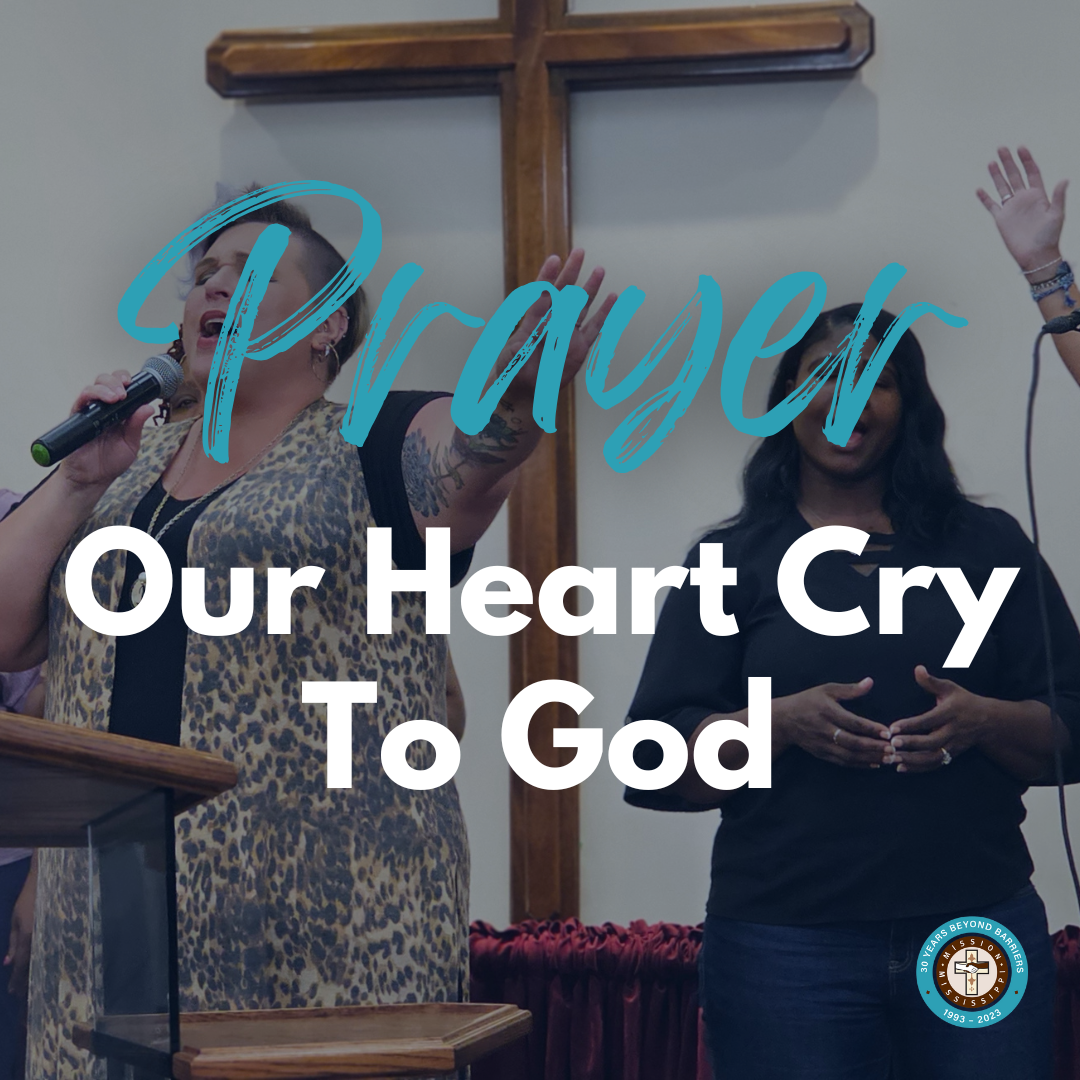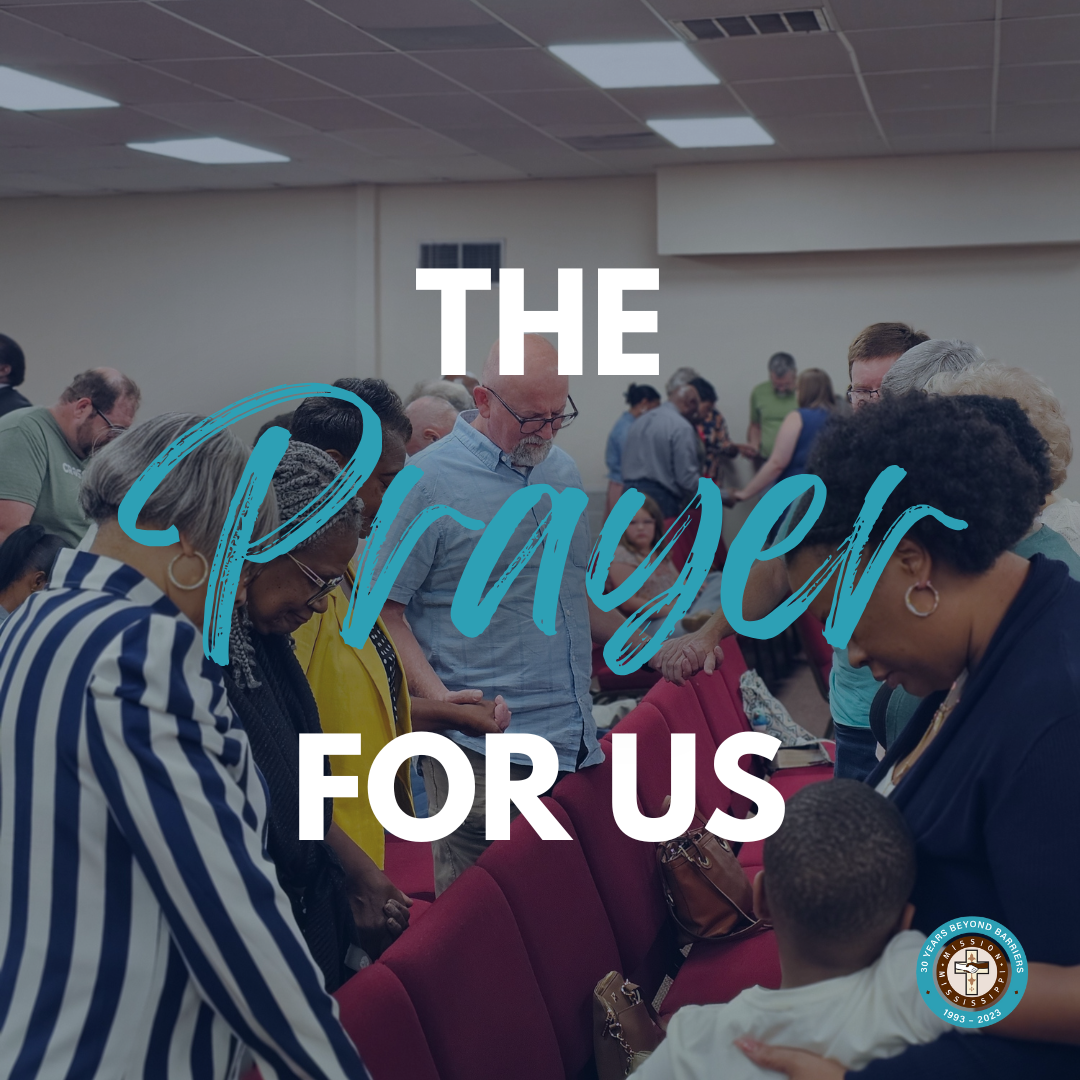APPROACH RACISM THE RIGHT WAY

This past Thursday, I had the pleasure of riding down to Jackson with local friends to attend the 30th anniversary of Mission Mississippi.
The organization which started in Jackson all those years ago, aims to bring white people and black people together to discuss racism in a Christlike way. The goal is to gain understanding and empathy toward one another through
reconciliation.
The leaders of the group realize that all of us people are never going to absolutely agree. We all come from different backgrounds, cultures and situations; however, we can gain understanding of one another. We can empathize with one another.
But, in order to do so we need to get to know each other first.
While in Jackson I sat down to chat with a young lady who works with the organization. She told me she was born and raised in Jackson. In fact, she said it was the only place she’s ever lived. She’s a single mother of one child. She’s also Black.
She very honestly told me prior to her work with Mission Mississippi, she actively avoided spending any time around or near White people.
“It’s just how I was raised. I was never around White people growing up. I didn’t have a need to talk to White people so I avoided them whenever possible,” she said.
Her honestly was shocking to me. It was shocking because its something we don’t normally address in “polite” conversation.
It was also shocking because I had never considered Black people would be intimidated by me, a White woman with green eyes, blond hair, stands 5’3” and weighs about 120 pounds. Not exactly an intimidating person. Yet, here she was telling me that she never would have spoken to me before she was involved with the program because she would fear me based on the color of my skin.
Now here’s where the organization gets it right. They put fear aside and ask Jesus to help reconcile their hearts through prayer. The goal is to have these open conversations and to develop relationships with each other. Because once a strong foundation is formed, a sense of trust is formed.
Now, the young lady in Jackson told me those confessions because she realized I was approaching her out of love. Sure. We’d only just met, but she knew I was there to talk to her. To hear “her side of the story”.
We both understood we weren’t there to be harsh to one another. We were there to learn, and have compassion with each other as brothers and sisters in Christ. We will never defeat racism by being harsh with one another. It has to be approached with love.
I thanked her for sharing her story and why she believed so strongly in Mission Mississippi.
Can you just imagine the change we’d see in the world if we all slowed down and approached each other like this everyday? The world would be a more compassionate and understanding place with less hatred and fear all based on the pigmentation of one’s skin.
It would also be more Christlike, and what a joyful place that would be.



